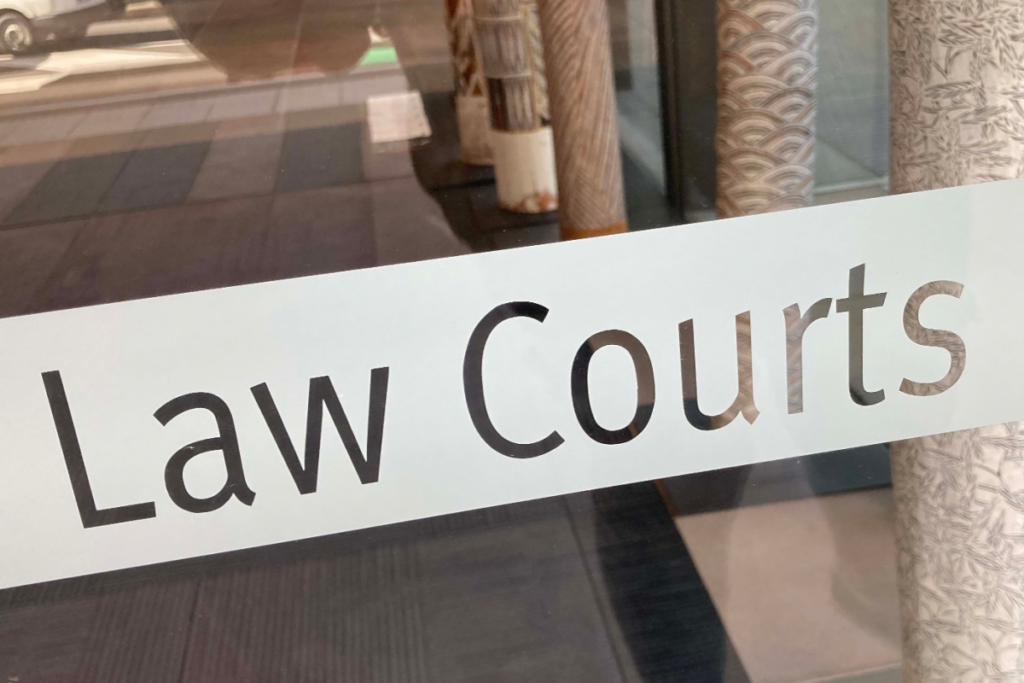Participation in the interlock program is a compulsory step for drivers wanting to return to the road after receiving a licence disqualification.
The licence disqualification may be accompanied by additional penalties such as a fine, a conditional release order, a community correction order or an intensive correction order.
What is an interlock?
An interlock is an electronic breath testing device that is connected to a car’s ignition.
Drivers with an interlock device fitted to their vehicle are required to provide a breath sample before starting their vehicle. Their vehicle will not start unless the device measures the person’s Blood Alcohol Concentration (BAC) at zero.
The devices are also fitted with a camera to confirm the identity of the person providing the sample.
When will the court make an interlock order?
Mandatory participation in the alcohol interlock program is governed by Division 2 of the Road Transport Act 2013.
Prior to 2015, the courts were able to decide whether to impose an Interlock Order in certain cases. However, in February 2015 Interlock Orders became mandatory for certain offences.
The offences for which a court must make an interlock order were expanded in December 2018 to include all first-time middle-range drunk driving offences.
For full licence holders, this means that the court is required to make an interlock order for all drunk driving offences where the driver’s BAC is 0.08 or higher.
An interlock order will also be made for low-range drink-driving offences (BAC 0.05 – 0.079) if it is the driver’s second or subsequent drink-driving offence.
How long does the program run for?
The length of time that offenders must participate in the program will depend on the facts of their case.
Usually, they will be required to participate in the program for 12 months. For more serious offences, the court may order them to participate in the program for up to 4 years.
The standard cost for installing and maintaining an interlock device is around $2,200 per year. Concession rates are available for eligible individuals.
Are there any exceptions?
It may be possible to obtain an exemption from participating in the program, although these are rarely made by the court.
The circumstances in which a court may make an interlock exemption order are outlined in section 212 of the Road Transport Act 2013. These circumstances include:
- The offender does not have a vehicle in which to install an interlock device
- The offender has a medical condition that prevents them from providing a sufficient breath sample
- Participating in the program may cause severe hardship to the offender (this exemption is not available for all offences)
The legislation specifically outlines that financial hardship is not a circumstance under which the court can make an exemption order.
Hamilton Janke Lawyers has extensive experience representing clients in traffic matters. If you need advice or representation for a traffic matter, contact Hamilton Janke Lawyers 24 hours a day, 7 days a week on
4038 1666.
Key Takeaways
- The Alcohol Interlock Program is mandatory for certain drink driving offenses in NSW, aiming to prevent repeat offenses.
- It requires offenders to have a zero BAC to start their vehicles, enforced by an electronic device.
- The program is mandatory for offenses involving a BAC of 0.08 or higher, including first-time mid-range offenses.
- Participation duration can range from 12 months to 4 years, with costs around $2,200 per year.
- Exemptions are rare and specifically defined by law, not including financial hardship.
Written By

James Janke
James Janke is founding partner at Hamilton Janke Lawyers, and has more then decade of experience as a Criminal Defence Lawyer. Admitted to both the Supreme Court of New South Wales and High Court of Australia




